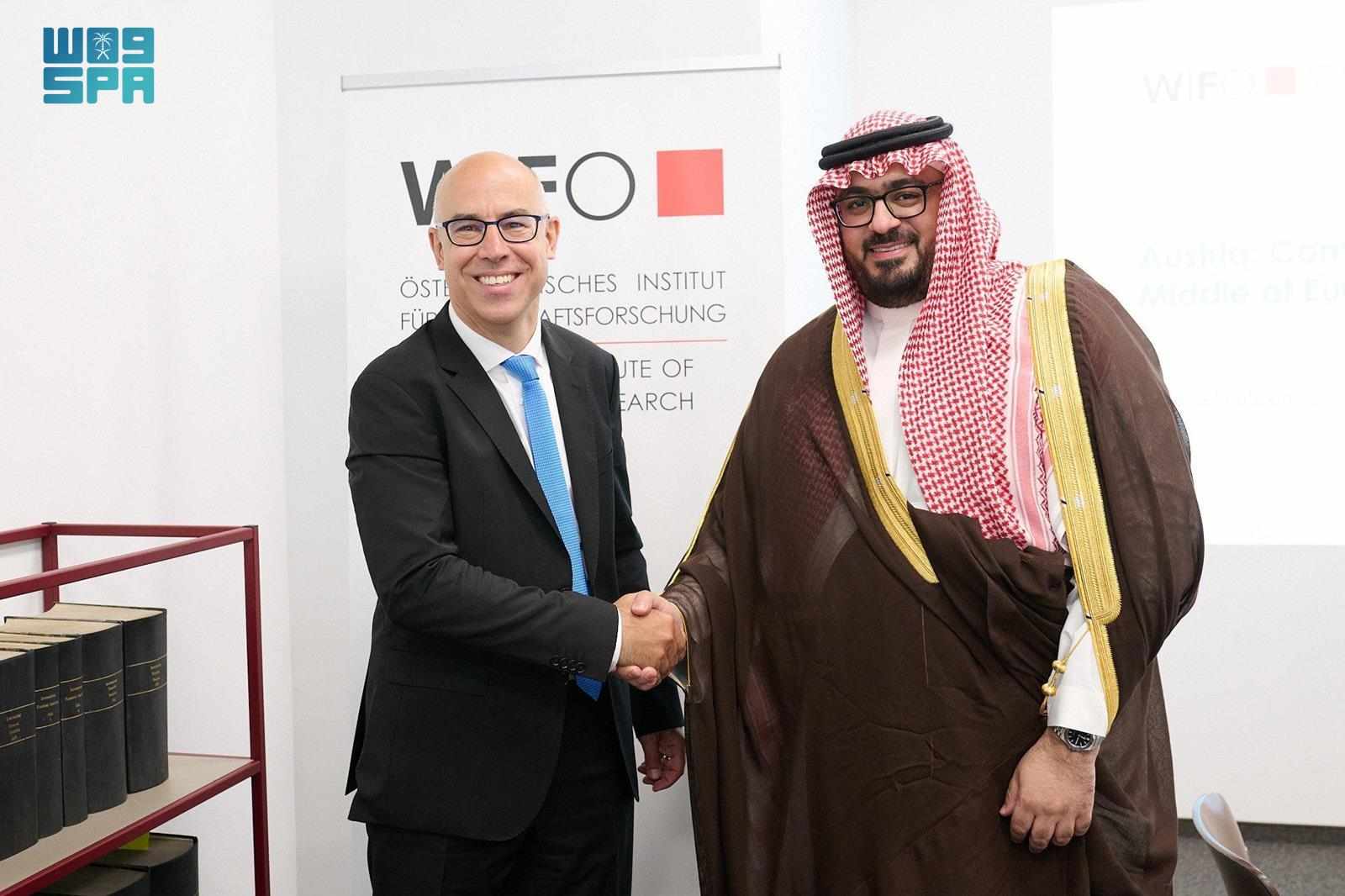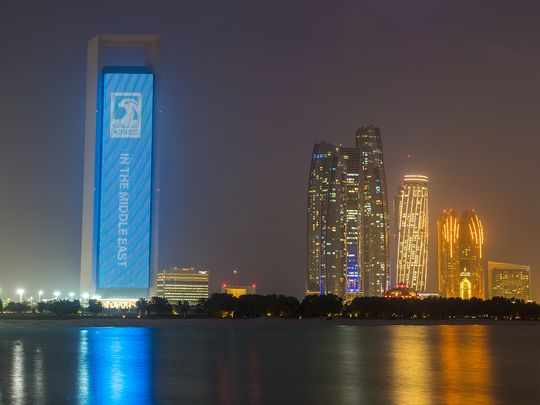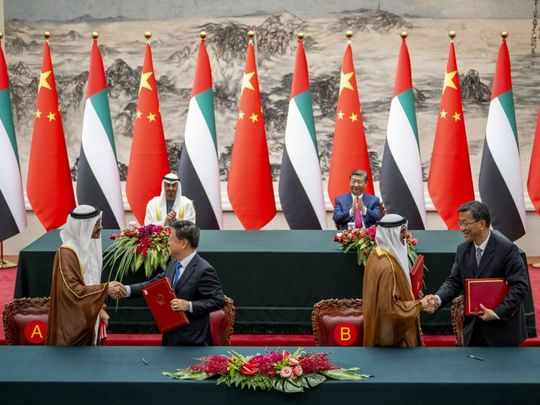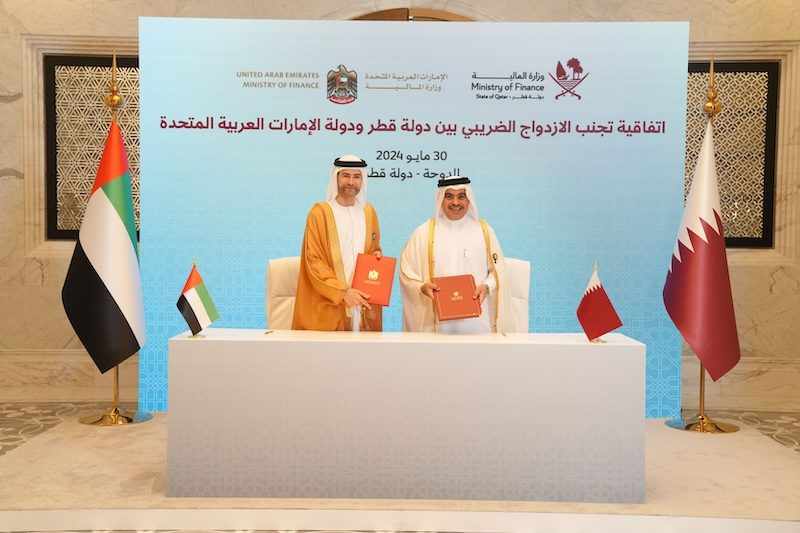Getting it right: The Middle East’s generational wealth transfer
- Date: 15-May-2024
- Source: Gulf News
- Sector:Financial Services
- Country:UAE
Getting it right: The Middle East’s generational wealth transfer
The Middle East is on the cusp of a profound economic and cultural shift. Family-owned businesses, responsible for generating 60% of the UAE’s GDP, are preparing to transfer a staggering $1 trillion in assets to their heirs over the next decade. Whilst this transition reflects the economic vitality of the region, it also introduces a set of challenges associated with the transfer of wealth on such a scale.
The UAE and its neighbouring countries across the Middle East experienced a rapid rise in economic development post-1950 with half of the 24 UAE family businesses featured in Forbes’ Top 100 Arab Family Businesses list established post-1970.
As these families look toward transitioning their wealth, the initial focus has been on establishing robust governance structures. This is essential for the neat transferral of vast wealth, often between large families, to avoid potential disputes that can arise from complicated and contentious generational transfers. Implementing and communicating effective succession plans is not just a financial necessity but a stabilising force for both the families involved and the broader economic landscape.
While the prospect of inheriting significant wealth might seem enviable, it brings its own set of psychological and emotional challenges. Children of high-achieving parents





















